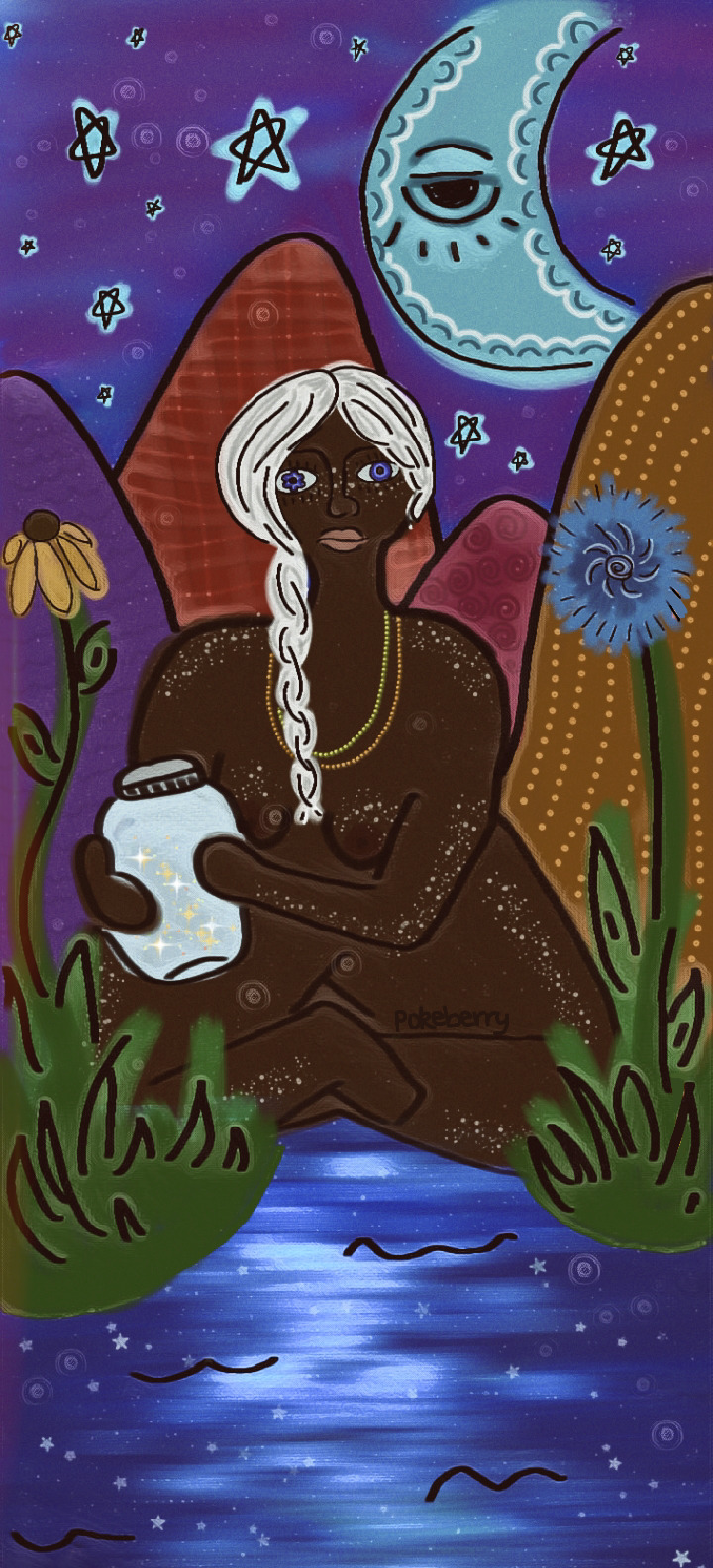Text
"Stump Water"

"Stump Water"
Stump water is rainwater that has collected in a stump. In Melungeon and Appalachian folklore, stump water is considered especially magical because it has never touched the ground. Also called flying water, it is believed to hold the celestial powers of the heavens. Stump water is commonly used in folk remedies for beauty and healing rituals.
26 notes
·
View notes
Text
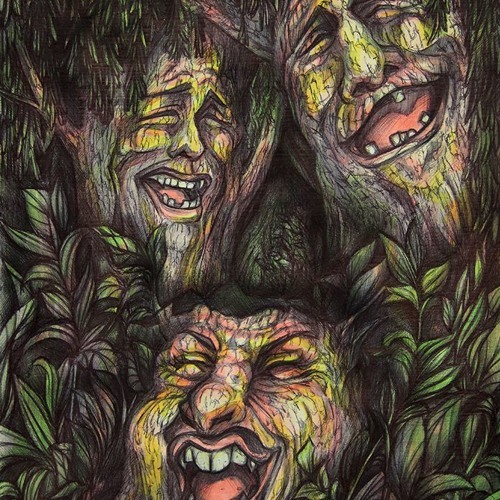
Beware the laughing trees
Some melungeon folklore has it that you should always be leary of distant giggles or laughter you hear about the forest. For this is not a human wanting to play but likely the laughing trees. They sound like fun, but I assure they are not. "For if you sit under a laughing tree there you will forever be". Laughing trees are possessed by angered souls who were murdered or died tragically and not given a proper burial. They are lonely and will keep you with them for eternity, if you die under a laughing tree you will also become one. Sometimes they stay quiet but you csn always tell when you are near one, as once you are close to a laughing tree reality will become different. The forest will be silent and the sir will smell like rot. Animals that are "off", maybe with extra eyes or missing limbs, will be lurking around. The laughing tree will always have leaves, in summer and spring they will still have bundles of leaves touched by fall color and in winter their leaves wont fall, despite them never being an evergreen.
12 notes
·
View notes
Text
Mekhashepha in Melungeon Culture: Breaking it Down
In order to understand Mekhashepha and its ties to Melungeoninity you must first understand some history. In recent years there has been a lot of push back against cultural Melungeons sharing their traditional culture and practices, with new age Melungeons demonizing and invalidating Melungeon culture in search of something more “mystical” in the form of appropriating Indigenous tribes form which they have no proof of claim. It is no secret that this denial and invalidation is rooted in antisemitism, and denial of Hebrew Melungeons. It is undeniable that Melungeon (and Appalachian) people have Hebrew influence, whether this influence is ethnic, cultural, religious, or both varies per family. This can be substantiated by looking at many common Melungeon names (and old Appalachian names), surnames, dialect, and traditions. Examples can be seen in the common Melungeon surname Cohen>Cowen>Gowen>Goin/Goins as well as common Melungeon given names such as Mahala, Nehemiah, Keziah, Hezekiah, Uzziah, Etc. Melungeon people also have undeniable ties to Spain/Portugal this can also be substantiated by things like surnames (chavis/chavez), traditions, dialect, Oral History, and DNA. Mekhashepha is an ancient Hebrew word, it has been in use since before we existed as Melungeon people, however in the early 1900′s a man named Eliezer Ben Yeuhda, a lexicographer, created the first Hebrew English dictionary, becoming a driving force in the revival of the Hebrew Language, giving terms like Mekhashepha a resurgence, even if temporary at best. Many words coined by Yehuda became part of everyday Hebrew language while others died out or never caught on. The ancient origins of Melungeon people remains unconfirmed today, but it was once a common rumor among colonizers that Melungeon people were born of an affair between The Devil and an Indigenous Woman. This is important to note because this is likely in part why the term Mekhashepha was weaponized against our people. Though Melungeon people are not specifically mentioned, the book “ Religious Authority in the Spanish Renaissance “ by LuAnn Homza notes Nicholas De Lyra’s use of the Onkelos Targum when translating the term Mekhashepha to refer to a female soothsayer, sorceress, or witch, with carnal ties to the Devil. Mekhashepha originally tended to refer to a title, usually that of a female, and not the name of their religious or spiritual practice, though today, following Yehuda’s dictionary, it seems to be used interchangeably. In the Torah and the Old Testament, the Mekhashepha are also included with "necromancers", "those who cast spells", "those who summon spirits" etc., as "an abomination to Yahweh" in Deuteronomy 18:9-10. Mekhashepha does however have controversial translations as many scholars debate it may refer to an herbalist, healer, poisoner, or even pharmacist. In some translations it is said Mekhashepha may be relied on to heal the sick, foretell the future, and predict agricultural outcomes. These are all things that were tied to Melungeon folk and traditional beliefs as well and can be seen still today in practices like faith healing, the man of signs, reading cards, using blood beads, folk remedies, etc. Due to the negative associations between Mekhashepha and Satan, many Melungeon people were not enthusiastic about identifying with the term, however neither were they about identifying as Melungeon. In recent, with the rise of popularity in witchcraft, natural healing, cultural acceptance, and feminism, many Melungeons have made the decision to reclaim these terms and wear them and identify with them proudly, while others still feel uncomfortably with these terms. For further reading on Mekhashepha:
https://history.stackexchange.com/questions/39828/what-was-the-churchs-attitude-to-magic-prior-to-the-15th-century
https://en.wikipedia.org/wiki/Eliezer_Ben-Yehuda
https://www.academia.edu/33078425/When_a_single_word_matters_The_role_of_Bible_translations_in_the_witch_hunt_in_the_Grand_Duchy_of_Lithuania
https://archive.org/stream/AbrahamAbulafiaAStarterKit/AncientJewishMagic_djvu.txt
33 notes
·
View notes
Text
Please don't reblog my posts over and over to hash out your personal issues take that malarkey to your inboxes.
0 notes
Text
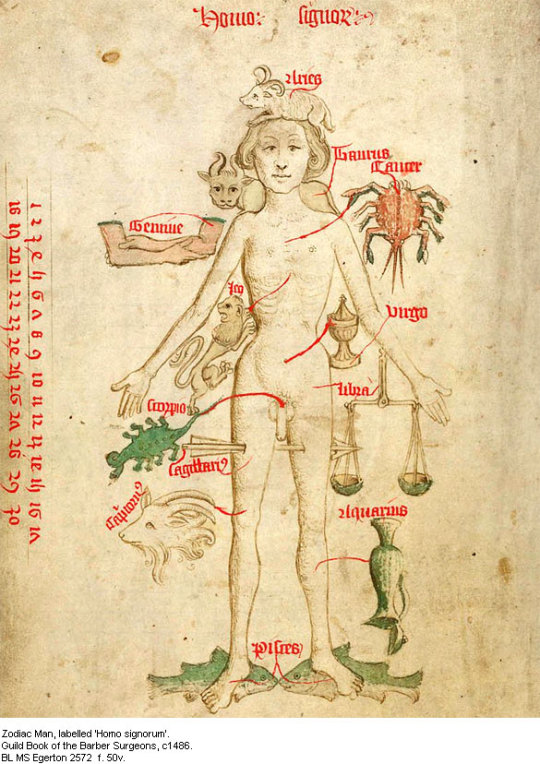
It's that time of year again, don't forget the man of signs when you start your garden.
4 notes
·
View notes
Note
Can you talk a little bit about blood beads? I have seen them come up lately in groups and am not really understanding.
Sure! You can picture these in your head like a rosary, they are most often made of 88 green and amber glass beads but sometimes you will find blue and turquoise beads as well. Blood beads are a form of repetitive meditative medicine and are used by counting beads and repeating prayer or scripture over each bead. The beads are usually placed over the crown or abdomen of the person ill or conjured during the healing process. They shouldn’t be confused with red corn bead necklaces which were only used for cosmetics.
5 notes
·
View notes
Link
1 note
·
View note
Link
0 notes
Text
When your soul is heavy and your mind is clouded, it's time to head to the river. The river is a blessed place, and it's perfect for cleansing the soul and mind. Rivers are a common place of baptism in these hills for that reason. The next time you feel like your soul needs an extra boost to push out that negative energy submerse yourself in the cool flowing waters of this sacred mother and clear your mind, let it heal your soul. River water can also be used to cleanse objects and heal ailments like thrush and warts.

34 notes
·
View notes
Photo
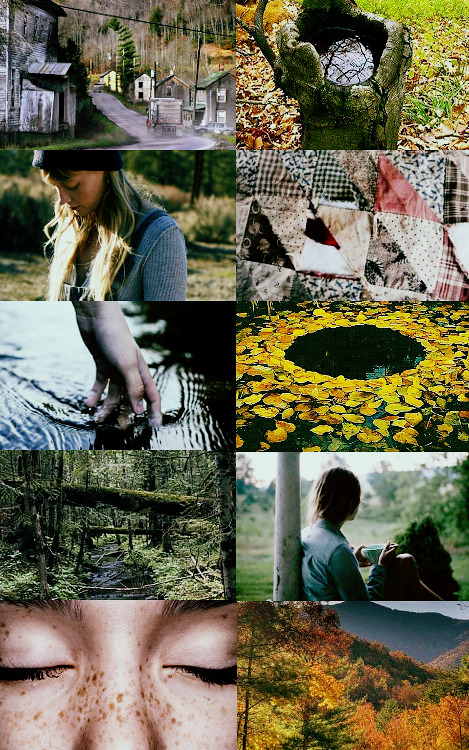
mythology aesthetics
STUMP WATER
In Appalachian folklore, stump water, also known as spunk-water, is the stagnant water from a hollow in a rotting tree stump. It is believed to remove freckles, cure warts, and treat other skin ailments by soaking a dishcloth in the water and then applying it to the skin.
48 notes
·
View notes
Text
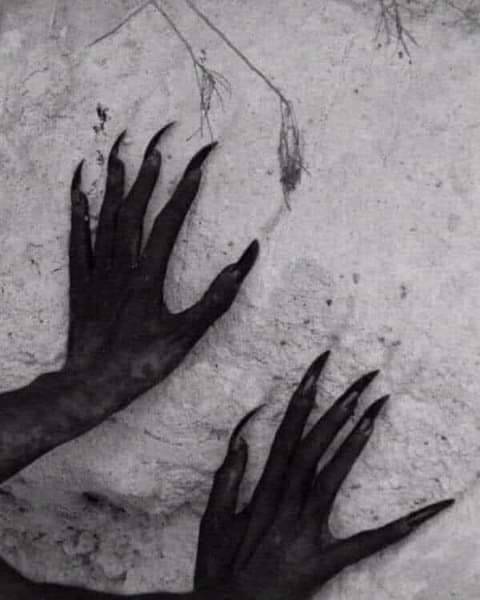
There is a legend that says that whistling inside the house is not recommended after 12:00 AM
This says that at this time the dogs of hell and darkness hear the sound of the whistle and manage to get closer to the whistling person.
People who whistle while showering in the early morning, are said to be able to see shadows and spectres standing in the corners of the house in the early morning.
If you want to try, turn off the lights in the entire house and whistle for about 30 seconds. They say you will hear a snap and then you will feel a hot air getting closer and closer to you.
It's the hell dogs smelling your aura.
Would you dare to try it ??
@thesehauntedhills
🦋░T░h░e░s░e░🦋 ░H░a░u░n░t░e░d░ ░H░i░l░l░s░
40 notes
·
View notes
Text
More Southern Folk Magic
A follow-up to my post on Southern Folk Magic. Many of these are known, but I want to put all the ones that I’ve heard in my life in one place.
To find a lost thing: Trap an insect under glass and recite Luke 8:17. The insect will point you in the direction of what you’ve lost.
Never accept a gift from one who practices magic, not even through someone else’s delivery. Give nothing to them and take nothing from them lest they be able to work magic on you.
For a fertile harvest season, make love on the freshly turned fields.
If you wake up exhausted, dirty, or with your hair tangled it’s because you’ve been ridden by a hag. Make a dummy to lie in your place the next night and go off to salt the hag’s skin.
Visitors must leave your house through the same door they came in.
Never tell a dream before breakfast.
Keep reading
726 notes
·
View notes
Text
Lusitanian Mythology Aesthetic - Duberdicus, god of ocean, lake and fountain

11 notes
·
View notes
Photo




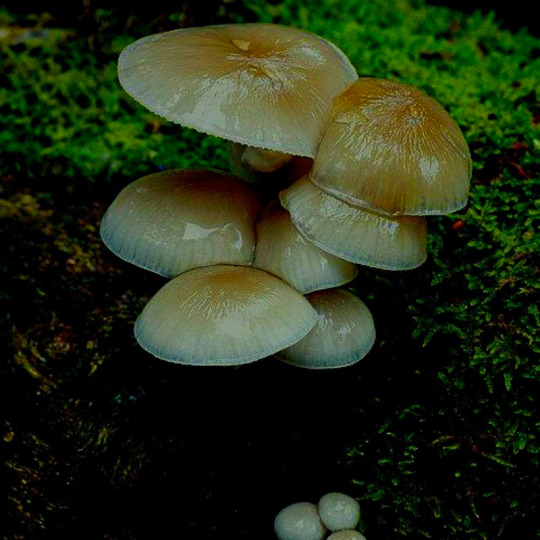
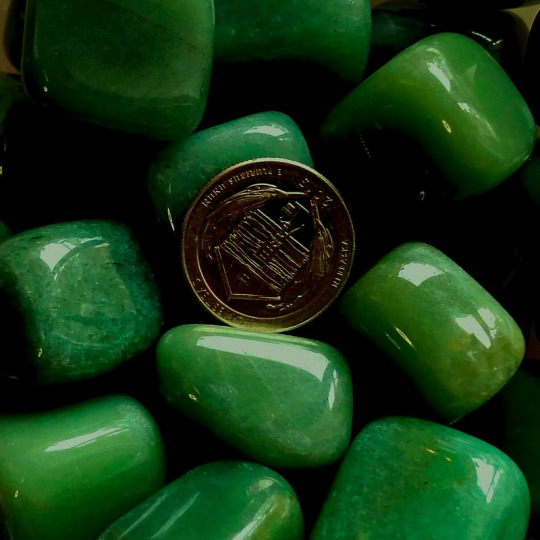



Lusitanian Mythology → Endovelicus
Edovelicus was a god of healing and also had oracular functions. He was popular after Roman colonization.
174 notes
·
View notes
Text
The Puzzly Mystery of the Astronaut of Casar
In today's blog post, we ponder the puzzly mystery of the Astronaut of Casar!
[Image courtesy of Atlas Obscura.]
What is it about a secret message from decades or even centuries ago that intrigues us so?
Last year around this time, we chronicled the stories behind three stones in the United States inscribed with unidentified runes or letters that have defied attempts to solve them.
Today, we add to that list of strange stones bearing the secret words of the past as we…
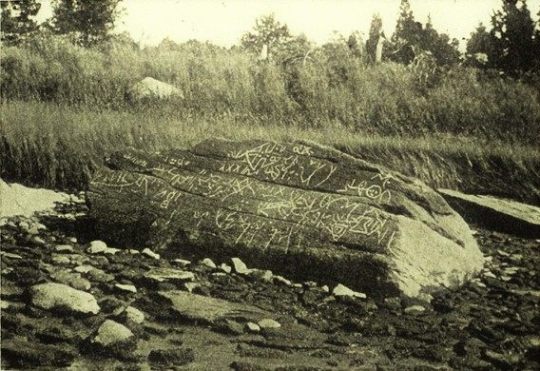
View On WordPress
2 notes
·
View notes
